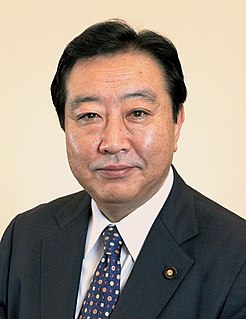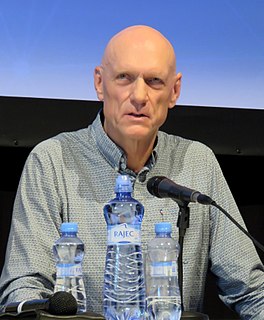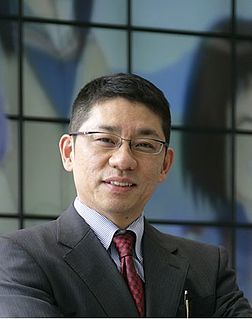Цитата Ёсихико Нода
Япония уже является лидером в области энергоэффективности и обладает множеством инновационных технологий. Мы должны использовать этот опыт для создания модели роста и устойчивого развития, которой мы можем поделиться со всем миром.
Связанные цитаты
В то время как «самые динамичные» города мира стремятся управлять своим собственным ростом городов, американские государственные и местные власти могут многое предложить. Наши мэры могут поделиться своим опытом в области городского проектирования, проектов экологически чистой энергии, интеллектуальных сетей, норм для энергоэффективных зданий, безопасности транспорта и инновационных экологических решений.
Новые информационные и коммуникационные технологии могут улучшить качество жизни людей с ограниченными возможностями, но только в том случае, если такие технологии с самого начала разрабатываются таким образом, чтобы каждый мог их использовать. Учитывая взрывной рост использования Всемирной паутины для публикаций, электронной коммерции, обучения на протяжении всей жизни и предоставления государственных услуг, жизненно важно, чтобы Сеть была доступна для всех.
Устойчивое развитие — это не только внедрение новейших энергоэффективных технологий или обращение к возобновляемым источникам энергии. Устойчивое развитие является обязанностью каждого человека каждый день. Речь идет об изменении нашего поведения и мышления, чтобы сократить потребление энергии и воды, тем самым помогая контролировать выбросы и уровни загрязнения.
Япония, не только мега-оживленный город, который процветает за счет электроники и эффективности, на самом деле имеет почти священное уважение к природе. Нужно выехать за пределы Токио, чтобы по-настоящему познакомиться со «старой Японией» и, что более важно, почувствовать эти аспекты японской культуры.












































